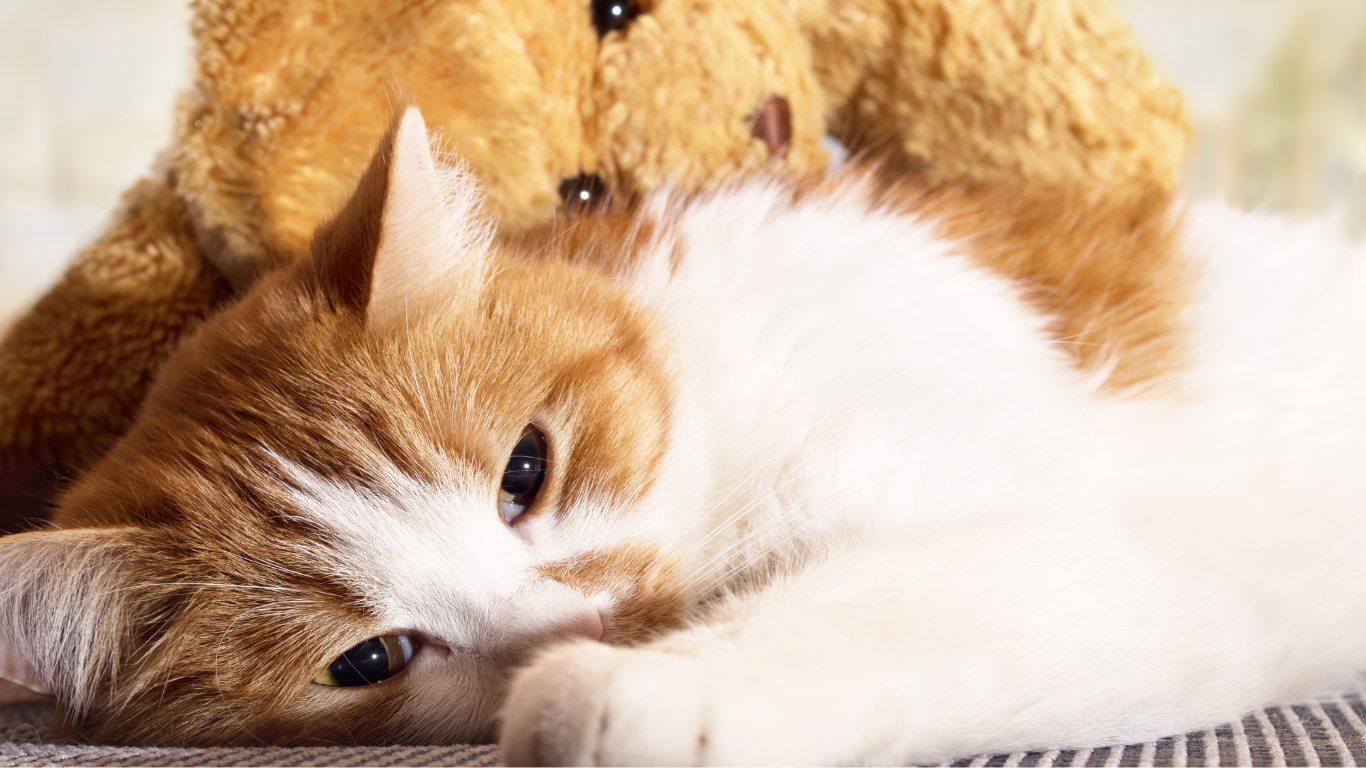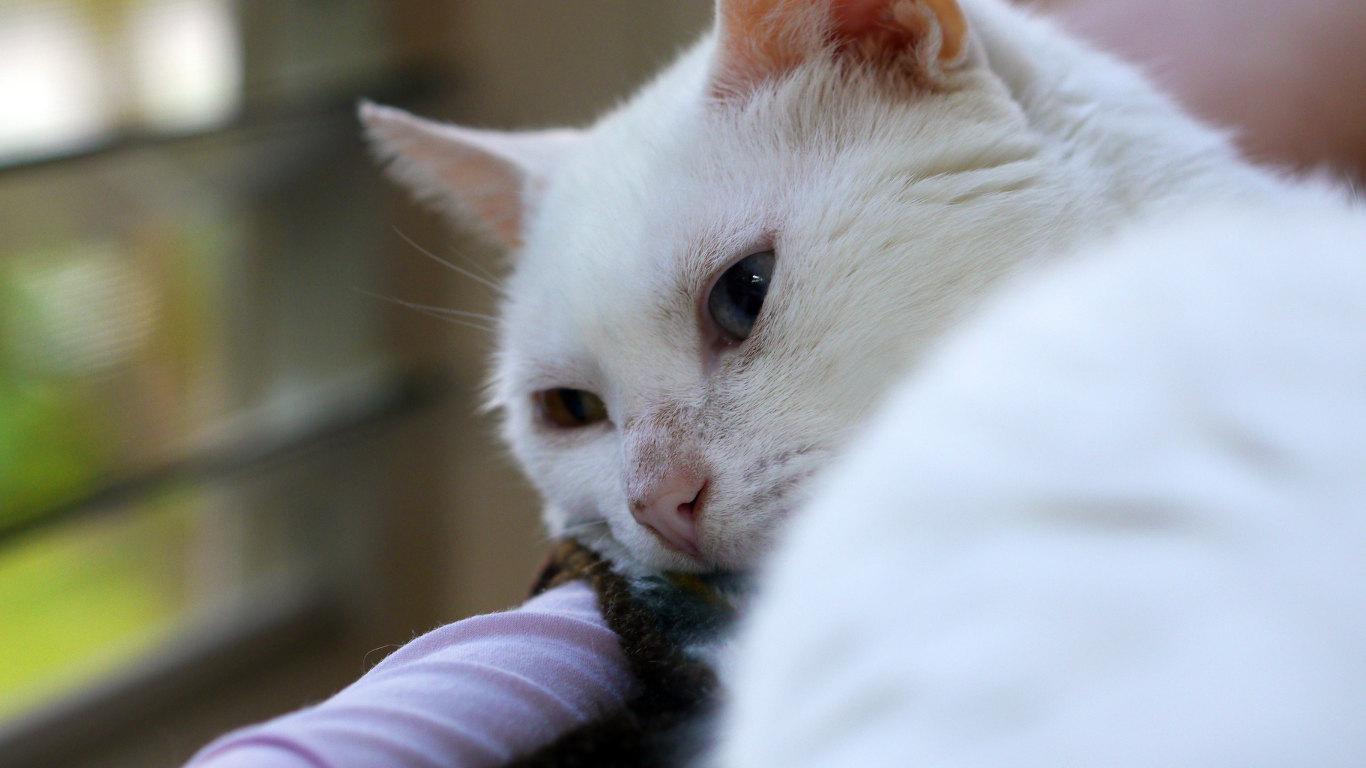Although cats are actually carnivores, they eat grass regularly.
Why do cats eat grass?
Since healthy cats are very clean animals, they spend a lot of time grooming their fur. With their rough tongue they pick up a lot of hair each time, which condenses into hairballs in their stomachs. Small amounts of hair are excreted in the feces through normal digestion. Especially when changing fur and in long-haired cats, these hairballs can combine to form so-called bezoars and become rock hard. This leads to massive digestive problems with constipation and, in the worst case, intestinal obstruction. Ingesting grass causes fur balls to break out again. Outdoor animals automatically look for the right amount of grass.
Alternatives to eating grass for domestic cats
For indoor cats, you should always provide cat grass so that they don't tamper with sharp-edged or poisonous houseplants instead.
Regular combing and brushing support fur care, promote blood circulation, make it easier to find parasites (e.g. fleas or flea excrement and ticks) and mean a few strokes for the cat, where people and animals are very close.
If the house cat completely rejects cat grass, a commercial malt paste can also be given, which most cats like and which also supports the digestion of ingested hair.










